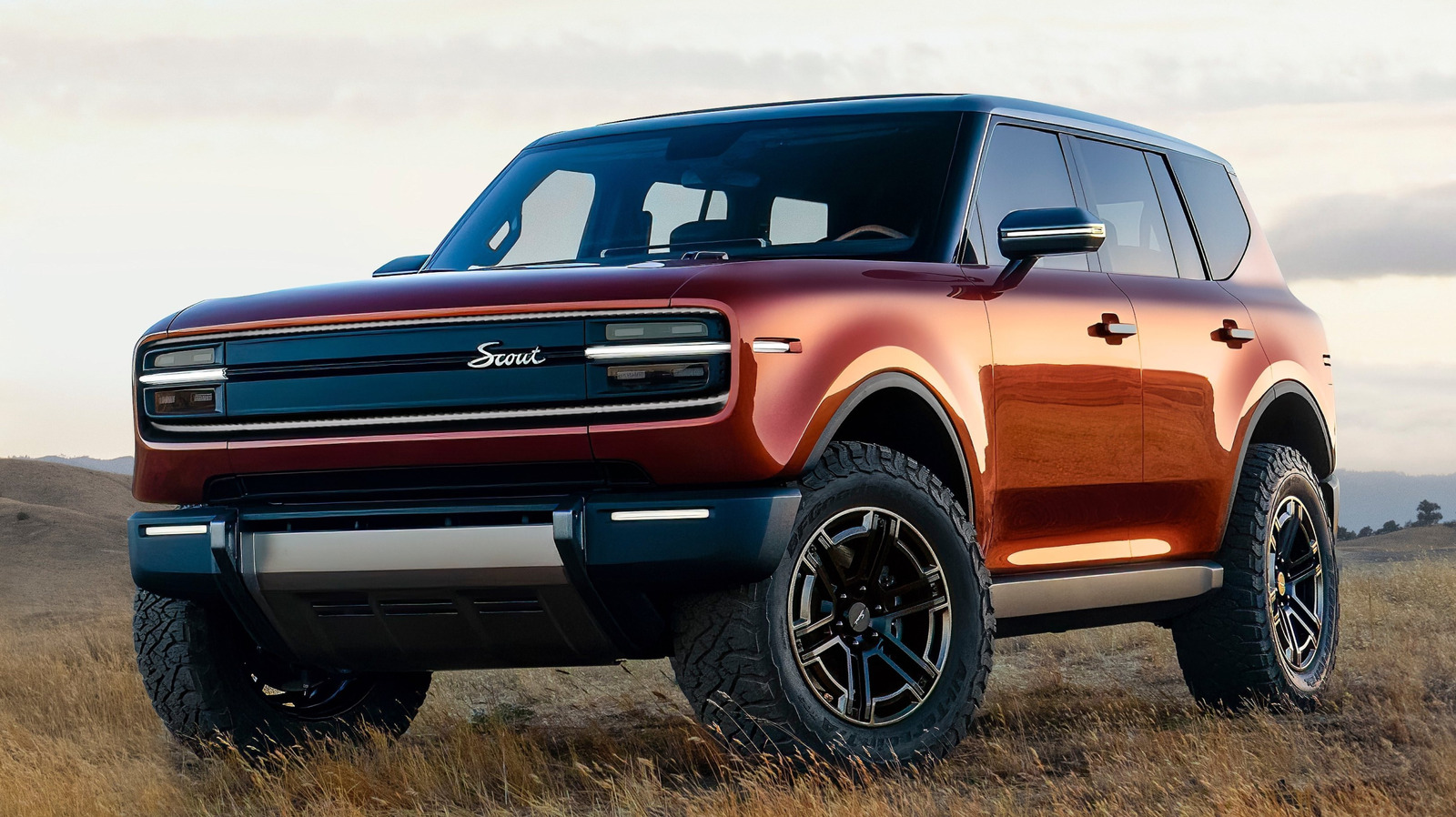Why Is Scout Motors Taking a Stand Against Traditional Car Dealers?
If you’ve been following the electric vehicle (EV) market, you’ve probably noticed a growing tension between automakers and traditional dealerships. Scout Motors, a new player reviving the iconic Scout brand, is making headlines for its bold move: refusing to let conventional car dealers control how its EVs reach customers. But why is this such a big deal, and what does it mean for car buyers and the industry at large?
What’s Behind Scout’s Direct-to-Consumer Approach?
Scout’s decision to bypass the dealership model isn’t just about shaking things up for the sake of it. The company is betting that a direct-to-consumer approach will create a smoother, more transparent buying experience. For years, car buyers have voiced frustrations about haggling, hidden fees, and inconsistent service at dealerships. According to a 2023 Cox Automotive study, nearly 70% of shoppers would prefer to complete most of their car purchase online, and satisfaction rates are significantly higher among those who do.
By selling directly, Scout can control pricing, ensure consistent customer service, and build a stronger relationship with buyers. It’s a model that’s worked for Tesla and, more recently, Rivian and Lucid. The big difference? Scout is reviving a beloved legacy brand, which adds both opportunity and risk.
How Are Dealers Reacting—and Why Does It Matter?
Dealers aren’t thrilled, to put it mildly. Many states have franchise laws designed to protect dealerships, and these laws can make it tough for automakers to sell directly to consumers. The National Automobile Dealers Association (NADA) has argued that dealerships offer local jobs, service infrastructure, and consumer protections. But critics point out that these laws often stifle competition and innovation, especially as EVs require less maintenance and fewer trips to the service bay.
Scout’s willingness to stand firm signals a shift in the balance of power. If they succeed, it could encourage other legacy brands to rethink their own dealer relationships. For buyers, this could mean more choices and better prices. For dealers, it’s a wake-up call: adapt or risk being left behind.
What Does This Mean for EV Shoppers?
For anyone considering an electric vehicle, Scout’s approach could be a breath of fresh air. Imagine configuring your Scout EV online, getting a transparent price, and having it delivered to your door or a local hub—no haggling, no pressure. It’s the kind of experience that today’s tech-savvy consumers expect.
Of course, there are still hurdles. Not every state allows direct sales, and after-sales service remains a question mark. Scout will need to build a reliable service network, possibly through partnerships or mobile service teams, to keep customers happy long-term. But if they pull it off, the days of spending hours at a dealership could soon be history.
Are There Risks in Cutting Out Dealers?
Absolutely. Dealers have decades of experience handling everything from financing to trade-ins to repairs. Building that infrastructure from scratch isn’t easy, and missteps could frustrate early adopters. There’s also the legal landscape—some states have aggressively enforced franchise laws, forcing even Tesla to find creative workarounds.
But the potential upside is huge. By controlling the entire customer journey, Scout can gather valuable data, respond quickly to feedback, and build a loyal community around its brand. It’s a gamble, but one that could pay off if executed well.
What’s the Bigger Picture for the Auto Industry?
Scout’s standoff with dealers is part of a broader trend: automakers are rethinking how they connect with customers in the digital age. As EVs become more mainstream, the old rules are being rewritten. Legacy brands like Ford and GM are experimenting with online sales, while startups are skipping dealers altogether.
This isn’t just about selling cars—it’s about who owns the customer relationship. In an era where data is king, automakers want to know their buyers, anticipate their needs, and keep them coming back. Dealers, meanwhile, are fighting to stay relevant in a world that’s changing fast.
The big takeaway? Reinventing how cars are sold isn’t about perfection—it’s about smarter adjustments. Start with one change this week, and you’ll likely spot the difference by month’s end. Scout’s bold stance is a sign that the future of car buying might just be a little less stressful—and a lot more in your hands.


